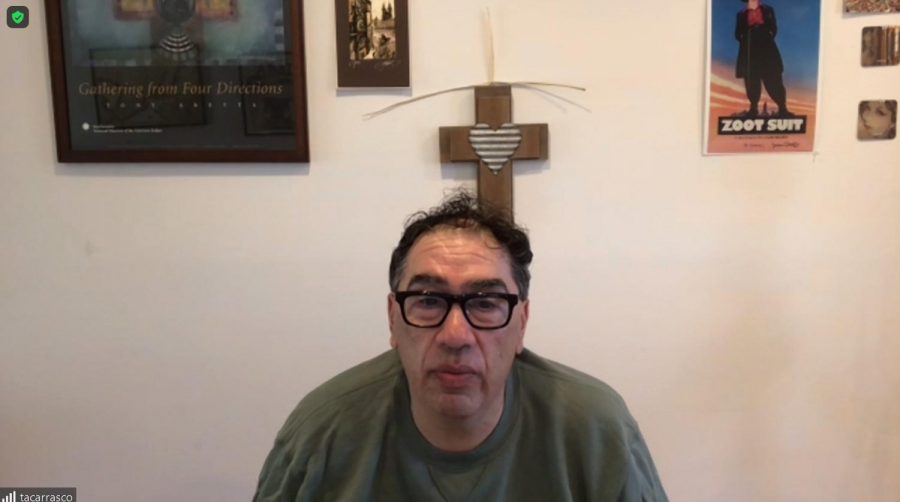In the near future, City College students who transfer to a California State University will be required to take an ethnic studies course as part of their education curriculum.
Ethnic Studies includes courses Black studies, Chicano studies, Native American studies and more that address history and some of the current topics in those communities.
“One of the things we do in ethnic studies is that we locate systems of oppression,” said Ethnic Studies Chair Thomas Carassco. “We talk about racism, sexism, classism, so hopefully people can learn that these things are wrong.”
In August of 2020, Gov. Gavin Newsom signed a bill mandating all 23 California State Universities require students to complete a three-unit ethnic studies course for graduation.
Assembly Bill 1460 was first presented by San Diego Democrat Assemblywoman Shirley Weber and will take effect beginning with the class of 2024-25, and would cost the system roughly $16.5 million annually.
“I think it’s a wonderful initiative to ensure that students complete their four year schooling with a broad worldview and a broad perspective,” said Matthew Kay, chair of the Curriculum Advisory Committee.
The committee is currently in the process of reviewing how the new requirement will affect City College, focusing on the transfer process to four-year institutions.
City College won’t have to add any more courses to its current ethnic studies department, but it will help the department meet the guidelines of these new CSU requirements.
“We’ve been working with the faculty of American Ethnic Studies to update their course outline of records and make sure that they explicitly address the requirements of this new Area-F,” Kay said.
The City College has already begun to work with the CSU system to ensure that the courses satisfy the Area-F criteria.
“A lot of community colleges are turning to us for the framework of ethnic studies which is really exciting,”said Thomas Carrasco, Ethnic Studies Department chair.
Kay believes the end goal of this new change is to help students satisfy their graduation requirements before they transfer.
“At the very base of it let’s make sure we’re serving the students and making sure if they take the courses here, they will count at CSU.”
Carrasco echoed similar remarks to Kay about the new update.
“It’s amazing. I just think it’s so inclusive and the content in regards to diversity, and I think it marks in 2021 where America needs to be,” Carrasco said.
Carrasco said he is thrilled that City College has “one of the best” ethnic studies programs in the nation and that this new bill will help build up other college’s departments in the same vein.
“A lot of community colleges are turning to us for the framework of ethnic studies which is really exciting,” Carrasco said.
Carrasco, an alumni of San Francisco State University, compared the strides being made at the City College to his alma mater and some of the other top ethnic studies programs in the state.
“I see SBCC kind of like UC Berkeley and San Francisco State as the poster child for ethnic studies where it all started in the early 1960s,” he said.
In terms of the future of the course, Carrasco is really excited and optimistic about what’s to come.
“I think it’s empowering for all students,” he said. “What’s exciting is that we’re studying ourselves and creating a society that we wish would exist.”









